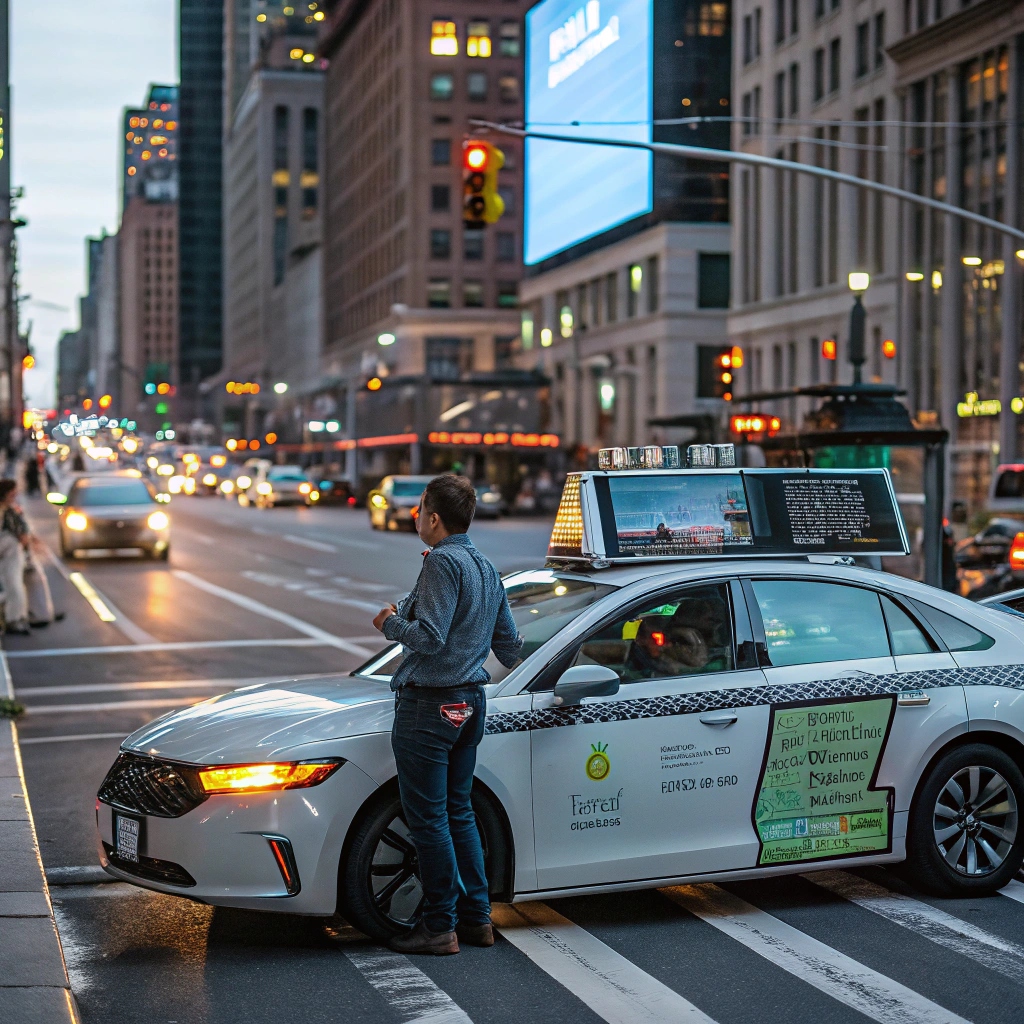In recent years, Artificial Intelligence (AI) has revolutionized various industries, and the transportation sector is no exception. The integration of AI into taxi booking systems has drastically transformed how passengers book rides, how drivers navigate through traffic, and how businesses optimize their operations. From enhancing convenience and improving safety to reducing operational costs, AI is reshaping the taxi service landscape in remarkable ways.
One area where AI is making significant strides is in airport transportation services in Memphis. As passengers seek more efficient ways to get to and from the airport, AI-powered systems are making the experience smoother and more reliable. Let’s explore how AI is enhancing the overall taxi booking experience.
1. Faster and More Accurate Ride Matching
AI algorithms can analyze vast amounts of data, such as traffic conditions, user preferences, and available vehicles, to match passengers with the nearest and most suitable driver. This minimizes waiting times and ensures a faster, more reliable ride for passengers. AI-based systems can learn from user behavior and preferences, offering personalized ride options that cater to individual needs, whether it’s a quick ride to a business meeting or airport transportation services in Memphis.
2. Improved Route Optimization
One of the most significant benefits of AI in taxi services is its ability to optimize routes in real time. AI uses data such as current traffic patterns, road closures, weather conditions, and historical data to suggest the fastest and most efficient route for drivers. This not only reduces the time passengers spend in traffic but also lowers fuel costs and helps drivers save on operational expenses.
AI-driven GPS systems are continuously updated, allowing taxis to avoid traffic jams, accidents, or construction zones, ensuring a smooth and timely ride.
3. Enhanced Safety Features
AI-powered systems also contribute to increased passenger and driver safety. Real-time monitoring of driving behavior, such as sudden acceleration or harsh braking, can be detected and flagged for review. Additionally, AI can alert drivers to potential hazards, like pedestrians crossing the street or vehicles approaching too closely. These features are particularly useful for services such as airport transportation, where timely and safe arrivals are crucial.
Moreover, AI-enabled cameras can help identify any suspicious activity, further improving security for both passengers and drivers.
4. Dynamic Pricing and Demand Prediction
AI also plays a crucial role in dynamic pricing, which is the practice of adjusting ride fares based on demand and supply. By analyzing factors such as the time of day, weather conditions, and local events, AI can predict when and where demand for taxis is likely to increase.
For example, during peak hours or special events, such as concerts or sporting events, AI can adjust pricing to reflect the increased demand. This ensures that drivers can maximize earnings while passengers are aware of the fare before they book their ride.
In Memphis, this technology helps improve efficiency in providing airport transportation services by anticipating demand and ensuring there are enough taxis available during peak travel times.
5. Streamlined Customer Support
AI-powered chatbots and virtual assistants are also becoming common in the taxi booking process. These AI systems can handle customer inquiries, book rides, and provide real-time updates on ride status. This reduces the need for human intervention and ensures a quick, efficient response to customer needs. By leveraging natural language processing, AI chatbots can understand complex customer queries and offer personalized assistance.
For passengers, this means no more waiting on hold for an operator; they can quickly resolve issues or receive updates through their phone or online portal.
6. Predictive Maintenance for Vehicles
AI helps taxi companies minimize downtime and avoid costly repairs by predicting when vehicles are likely to need maintenance. By continuously monitoring factors like engine performance, tire pressure, and fluid levels, AI can alert fleet managers when a vehicle requires servicing.
This predictive maintenance ensures that taxis are always in top condition, reducing the risk of breakdowns during rides, especially for critical services like airport transportation.
Conclusion
AI has made significant strides in the taxi booking industry, improving efficiency, safety, and the overall user experience. From real-time ride matching and route optimization to predictive maintenance and dynamic pricing, AI has the potential to revolutionize the way we travel.
For businesses offering services such as airport transportation services in Memphis, AI enables them to provide a faster, more efficient, and secure service to passengers. As technology continues to advance, we can expect further improvements that will make our taxi rides even more seamless and enjoyable.
